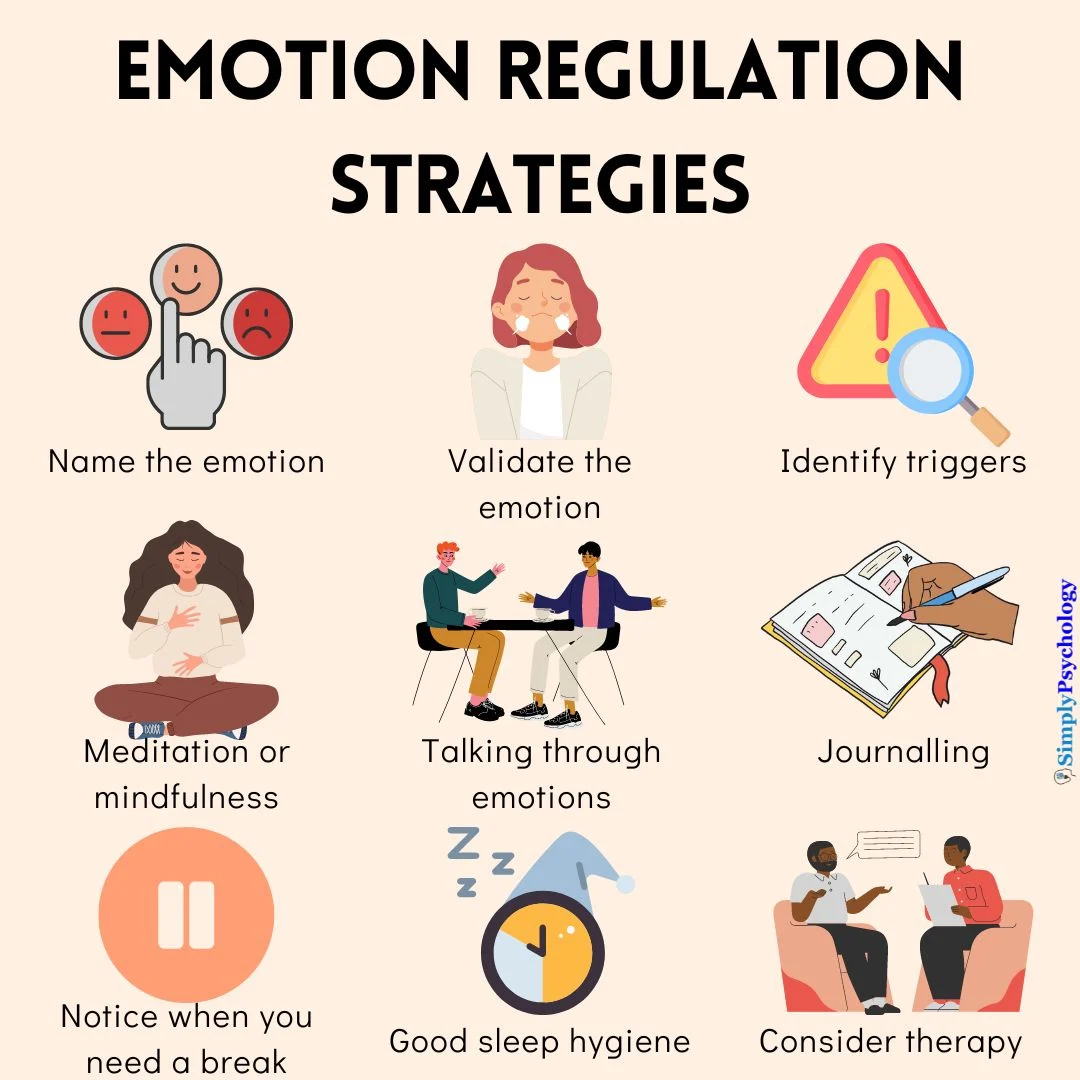 When I was in Cambodia, I saw lots of beggars. For obvious reasons, I didn’t want to give money to people begging. However, simply saying no and leaving it at that didn’t seem right either. The idea I came up with was to record the number of encounters with beggars. At the end of the trip, I deposited a small amount on behalf of each encounter into a special account set up for charitable giving. I think this 2-tiered system is the best general arrangement for giving that can end up saving countless more lives, and will now argue for this. (A somewhat-related post on LessWrong: Purchase fuzzies and utilons separately.)
When I was in Cambodia, I saw lots of beggars. For obvious reasons, I didn’t want to give money to people begging. However, simply saying no and leaving it at that didn’t seem right either. The idea I came up with was to record the number of encounters with beggars. At the end of the trip, I deposited a small amount on behalf of each encounter into a special account set up for charitable giving. I think this 2-tiered system is the best general arrangement for giving that can end up saving countless more lives, and will now argue for this. (A somewhat-related post on LessWrong: Purchase fuzzies and utilons separately.)
The institution of charity/aid is systemically broken in many ways. One of the top 2 in my opinion is failure to separate reason and emotion when needed. The obvious examples would be falling for scams, falling for emotional appeals to give to a questionable cause (see my previous post on this and so on. But I’m not even talking about this, I’m talking about how it’s often a problem in giving that’s considered a lot more sensible.
A quick example. Let’s say I see harrowing news reports of a disaster. I have an emotional response to images of people suffering (although it’s is still influenced greatly by how ‘familiar’ I am with the country where the disaster is taking place). I want to help, so I make a donation to disaster aid for that country on one of the many appeals websites.
The problem is my emotions told me “I must stop disaster-related suffering in said country”. For some stories, it’s even more specific. My emotions might be saying “I must stop disaster-related suffering in country said, by (eg) doing food drops of (eg) rice”. My reason might then only be used to find the best peanut-paste-distributing-charity, since the peanut paste solution was planted on the emotional side of the equation, as the driving force to act.
This is an arbitrary way to select causes and methods. Any time we have an emotional reaction to problem X and then decide to donate to problem X, this is exactly what we’re doing. If you think of charity as ultimately having the goal of improving human well-being, then the way to maximise this would be this: use reason even when choosing X out of the thousands of causes you could give to.
Of course, emotion must ultimately have some role in philanthropy. Without emotions like compassion and desire for justice, people wouldn’t have any reason to give. Self-interest alone (eg. minimising the geopolitical instability that poverty brings) is too nebulous to be a major driving force. But the role of emotion here should be to generate the desire to do something, not to generate the desire to do a particular thing. The only way the latter would work is if the most important causes happen to be the sexiest causes that generate the biggest emotional response. As we all know, this is not the case.
To return to the example of the beggar, let’s say I’m savvy enough about false incentives, begging and organised crime, etc. Instead, I do what some travel guides recommend and give money to a local NGO that works with street kids in the city. This is an upgrade but is still misleading. I’m letting the emotion of seeing the beggar dictate to me that begging is the problem to solve, and this city is where I should solve it. Because of course, I saw the beggar here — and not in a place I’ve never been to — right? Now consider these two made-up scenarios:

- Scenario 1: There are 2300 beggars in this city and also 5000 deaths a year in the surrounding countryside from vaccine-preventable diseases.
- Scenario 2: There are 7000 beggars in this city and also 120 deaths a year in the surrounding countryside from vaccine-preventable diseases.
Different people might evaluate the above 2 differently. The opportunity cost for picking the wrong one (whatever your values) is huge. Of course, this only compares 2 causes in a small geographical area, not all causes of suffering across the galaxy. But at least we’re now looking at actual information. I can now consider whether homelessness is even something to donate to over (say) vaccines.
This has a practical element. If you set up a 2-tier system, you can use emotion to generate the motivation to donate. By donating to a general target (eg. a separate bank account you hold), you will then be able to create the wall of separation. When it comes time to spending, you can thoughtfully and carefully pick a cause, an organisation, a country out of all the opportunities to give it the assistance it deserves.




0 Comments